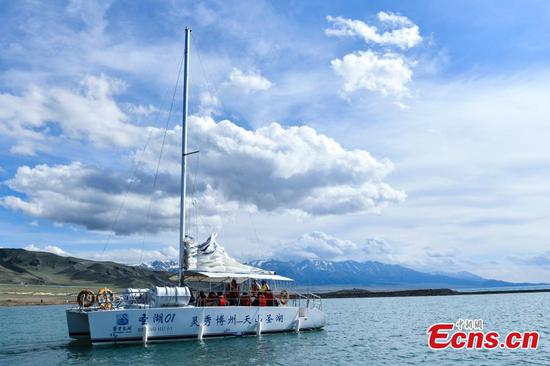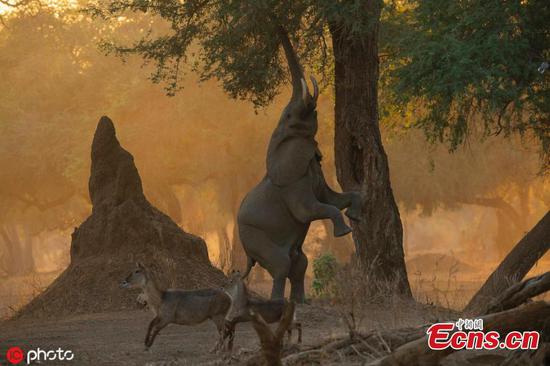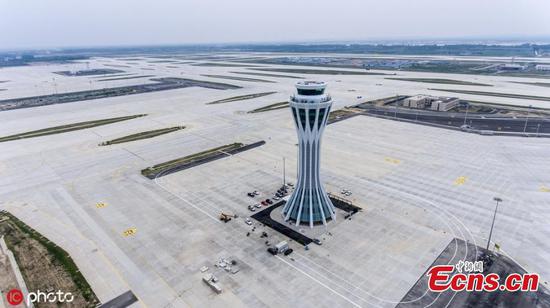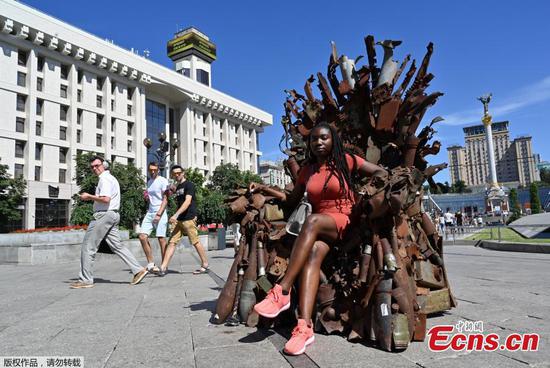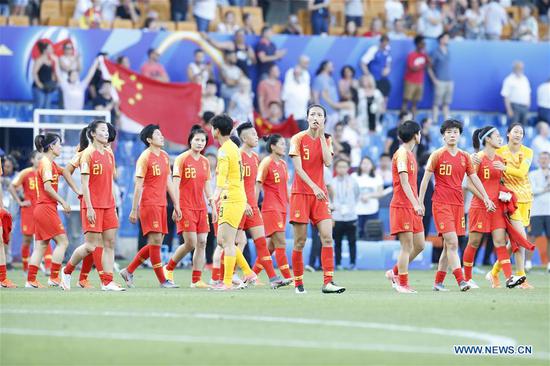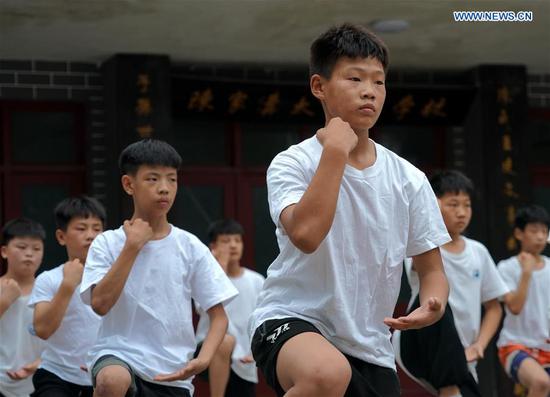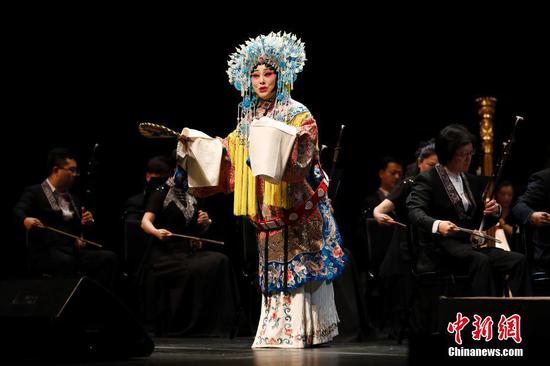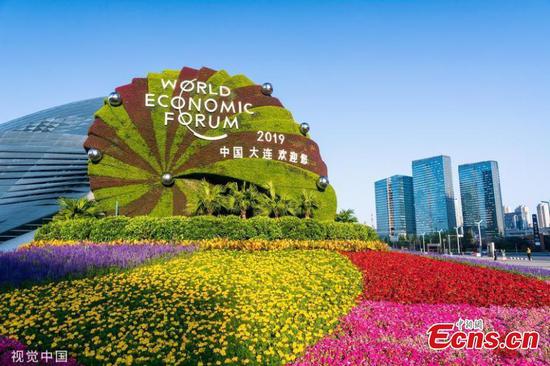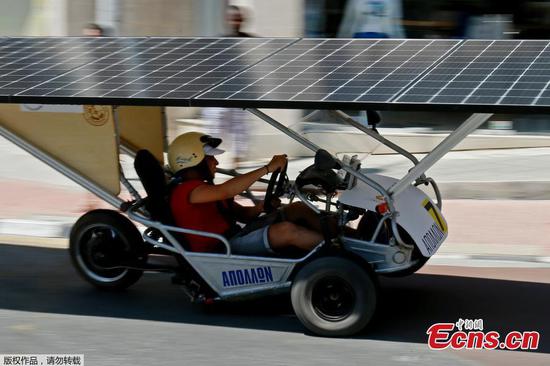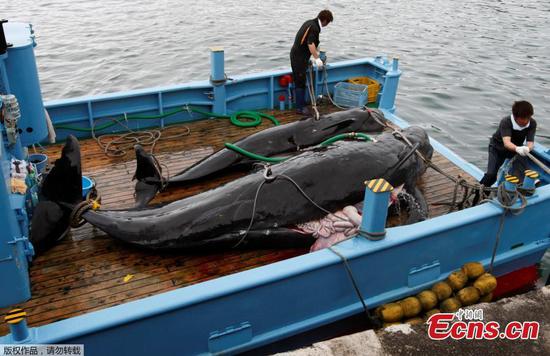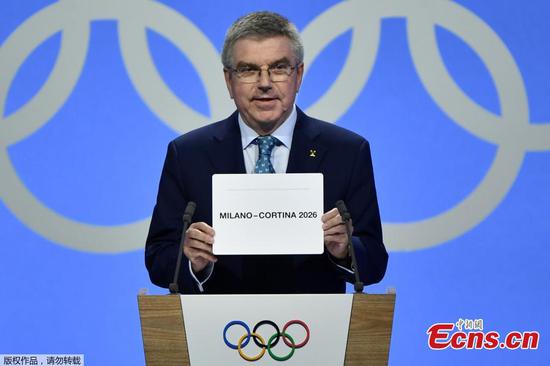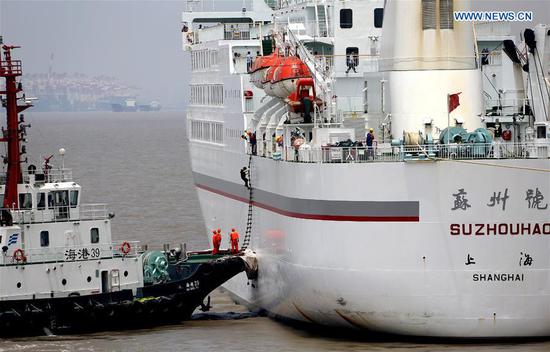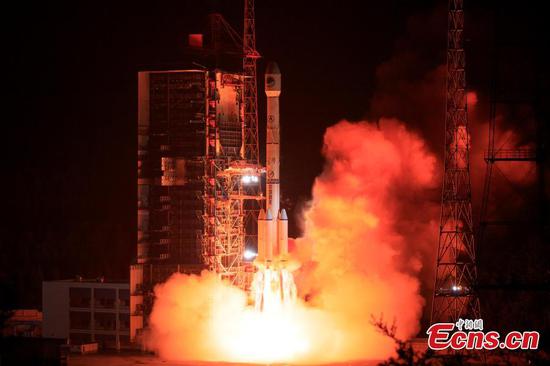Governance reform
China supports highly professional, representative and influential international organizations such as the International Monetary Fund, the World Bank and the WTO, as they are important pillars of the world's economic stability and development, he said, and also supports their efforts to reform their governance structures and improve their capabilities to play a more positive role in the global economy.
Olav Kjorven, chief strategy officer at EAT, an NGO based in Stockholm that advocates a fair, healthy and sustainable global food system, warned that alarm bells are now ringing loudly on behalf of planet Earth.
"We are rapidly running out of time to secure a safe future for humanity; we have a climate crisis on our hands, and we have entered an era of mass extinction of species with grave consequences for humanity," he said.
"With leadership from the right places and with a sharp focus on the most strategic levers of change, humanity can turn this crisis into an opportunity."
Kjorven said that after several decades of uninterrupted high-speed development, unmatched in human history, that lifted 800 million people out of poverty, China is today an example for the world when it comes to effective economic policymaking, mobilization of capital at home and abroad for productive purposes, and investment in its people.
"China can show the way to a safer, healthier and more sustainable food future, by taking bold action at home and inspiring and engaging the rest of the world," he said. "Chinese President Xi Jinping's call for 'building a community with a shared future for mankind' can and should involve getting it right on food, guided both by what science is now telling us loud and clear and the wisdom inherent in Chinese food culture and traditions."
For an efficient G20 summit, O'Neill, from Chatham House, recommended that each G20 country gives itself some kind of score card for the progress made toward initiatives that featured in past G20 statements.
He said such a system could really test countries, often the hosts, that want to put a new issue on the G20 agenda.
This year, O'Neill said, it looks as if Japan is going to try to feature the issue of global governance of technology in terms of some common rules. He said it, and other countries that have ideas for new areas of focus in the future, need to be pushed to explain precisely what they want to achieve in doing so.
"It is all very well to make very general grand statements, but unless anything specific occurs between and across G20 countries, what is really the point?" O'Neill said. "This must surely become a prerequisite for the G20 at this year's meeting and into the future."













